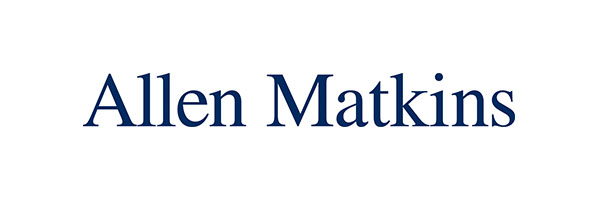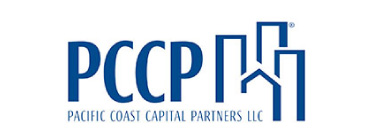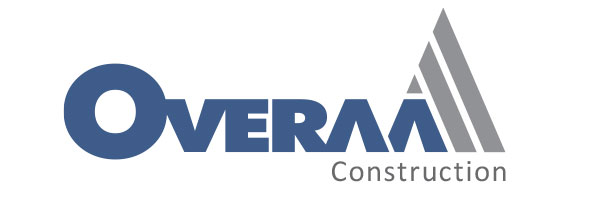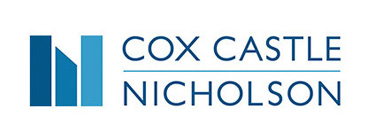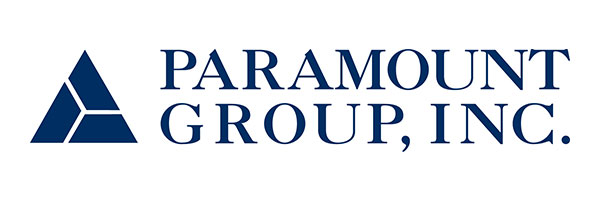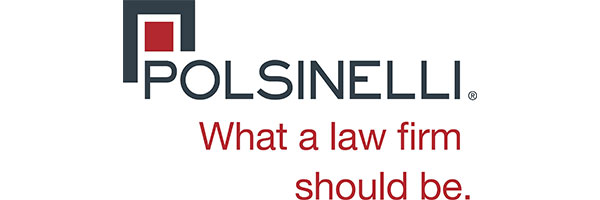CBPA's California Legislative Update 8/23/19
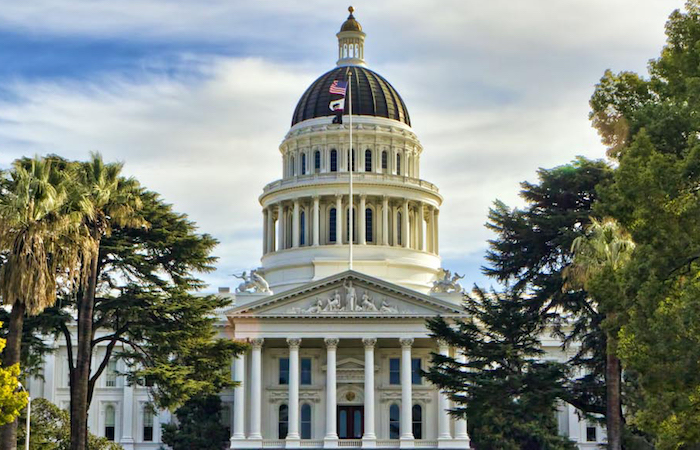
- EFFORT TO MAKE PROPERTY TAX INCREASES EASIER FALLS SHORT
- RENT CAP / “JUST CAUSE” BILL OPPOSED
- SPLIT ROLL BACKERS ADMIT INITIATIVE IS FLAWED FILE SECOND INITIATIVE
- THIS IS STILL SPLIT ROLL; WE STILL OPPOSE
- HOW CAN I HELP FIGHT SPLIT ROLL?
- LACTATION ROOM BILL GETS TAGGED WITH HUGE COSTS
- PARKING ENFORCEMENT REPEAL UP NEXT WEEK
- REASON MAG; CA ENVIORNMENTAL LAWS AND UNIONS
- CBPA 2019/2020 CALENDAR
EFFORT TO MAKE PROPERTY TAX INCREASES EASIER FALLS SHORT
A proposed constitutional amendment to make it easier for local governments to increase property taxes failed to secure enough votes to pass the Assembly this week on a vote of 44-20. It needed 54 votes to pass.
We, as part of major business coalition led by the California Chamber of Commerce opposed ACA 1 (Aguiar-Curry; D-Winters), which would have asked voters to decide whether property tax increases for affordable housing and infrastructure could be approved by just a 55% vote instead of two-thirds.
In opposing ACA 1, we pointed out that the proposal is overbroad because it provides the increased tax authority for every government agency in California, not just cities and counties.
If ACA 1 were approved, potentially thousands of overlapping special districts would gain the ability to increase property taxes. Moreover, ACA 1 undermines the protections of Proposition 13 and permits discrimination against certain classes of taxpayers.
The measure was granted “reconsideration’” and could come up again before the end of the year. We will continue watching the bill closely.
RENT CAP / “JUST CAUSE” BILL OPPOSED
A bill that seeks to bring residential rent caps to California, AB 1482 (Chiu; D-San Francisco) is sitting on the Assembly Suspense file awaiting action. This bill has been a top priority for us to defeat.
However, just recently Governor Newsom announced support for the bill which has pushed opposing groups to work harder at compromise language knowing that support increases the likelihood it could pass the Legislature and be signed into law.
With that in mind, along with the CA Apartment Association, we are backing a set of amendments that would include the following:
1. A requirement that a tenant occupy the property for 24 months before the “just cause” and relocation provisions apply;
2. Housing that has been issued a certificate of occupancy within the previous 20 years is exempt from the provisions of the bill;
3. The provisions within the bill will remain in effect until January 1, 2027.
4. Make clear that the provisions within the bill occupy the field for the housing specified within the bill; and
5. Clarify the vacancy decontrol provisions and provide clarifying language relating to just cause, rent and lease provisions.
We expect the Senate Appropriations committee to act on the bill next week.
SPLIT ROLL BACKERS ADMIT INITIATIVE IS FLAWED FILE SECOND INITIATIVE
We brought you news about the new split roll initiative last week, but are sharing it all again because it is so important and due to summer schedules, some may have missed it.
As you know, an $11 Billion split roll property tax initiative has qualified for the November 2020 ballot. However, the special interest groups that qualified that measure to dismantle Proposition 13’s property tax protections, now say they want to gather signatures to qualify a SECOND version, because their measure is flawed.
These special interests will need to spend upwards of $10 million simply qualify this second initiative for the ballot.
They also want to keep the first measure they admit is flawed on the ballot just in case they don’t qualify the second measure, they can run with the one they admit isn’t good public policy. Incredible!
Both measures would raise taxes on commercial and industrial property by requiring reassessment at current market value every three years – creating a new base year for every business property in the state.
The measures would raise taxes on commercial and industrial property by requiring reassessment at current market value every three years – creating a new base year for every business property in the state.
If this measure passes, the sponsors will come after Prop 13 protections on homeowners next.
THIS IS STILL SPLIT ROLL; WE STILL OPPOSE
Today, the proponents of a split roll property tax measure that qualified for the November 2020 statewide ballot acknowledged the significant flaws in their existing measure and filed a new measure they hope to qualify for the November 2020 ballot. The measure has repeatedly received less than 50 percent support in statewide surveys, providing a clear indication that the measure was doomed from the start.
“This is just another, equally flawed measure aimed at dismantling Proposition 13. Proponents should at least withdraw their existing measure, which they now acknowledge is fatally flawed,” said Rob Lapsley, president of the California Business Roundtable and co-chair of Californians to Stop Higher Property Taxes. “However, there are no tweaks or amendments that can be made to this split roll measure that will prevent it from being a major, multi-billion-dollar tax on all Californians in the form of higher prices on everything we buy – from groceries and gasoline to diapers and day care. Should either measure appear on the November 2020 ballot, an aggressive, broad-based coalition will fight it.”
“For decades, these same special interests have attempted to erode Proposition 13’s protections,” said Rex Hime, President and CEO of the California Business Properties Association and co-chair of Californians to Stop Higher Property Taxes. “This last-ditch attempt to tinker with the details is like rearranging the chairs on the deck of the Titanic. No matter how you shuffle, dismantling Proposition 13 will result in disaster for California families, workers and the economy.”
“Split roll proponents have known for a year and a half that their ballot measure was flawed, yet they spent nearly $3.5 million to qualify the measure and refused to withdraw it from the ballot,” said John Kabateck, State Director for the National Federation of Independent Business – California and co-chair of Californians to Stop Higher Property Taxes. “How are we supposed to trust them with something as important as our property taxes?”
“This reboot doesn’t fix the initiative’s fatal error, which is that it would make property taxes completely unpredictable for owners and local governments alike,” said Robert Gutierrez, President of the California Taxpayers Association and co-chair of Californians to Stop Higher Property Taxes. “Under Proposition 13, property taxes provide growing revenue for local government, while property owners have certainty about their taxes and are protected from unmanageable increases. Any attempt to repeal Prop 13 protections will be met with strong opposition, no matter how it might be repackaged.”
“It is no secret that split roll proponents have had their eye on unraveling Proposition 13 protections for decades. Homeowners will not tolerate any changes to Proposition 13 now or in the future,” said Jon Coupal, President of the Howard Jarvis Taxpayers Association and co-chair of Californians to Stop Higher Property Taxes.
Californians to Stop Higher Property Taxes, a coalition of businesses, taxpayers, homeowners and renters, has been fighting to protect Proposition 13 and oppose a split roll for more than a decade.
Click here for a Web Based version you can share with your members.
HOW CAN I HELP FIGHT SPLIT ROLL?
The special interests pushing Split Roll and spending tens of millions of dollars just to get it on the ballot because they see this $11 BILLION dollar tax increase as a bonanza to their members and causes. One of the most massive tax increases ever proposed and it comes out of your pocket every year.
Many of our members have stepped up and contributed to the fight to protect Prop. 13. Has your company? Contact CBPA now to contribute to fight financially and sign up here to keep updated.
LACTATION ROOM BILL GETS TAGGED WITH HUGE COSTS
SB 142 (Weiner; D-San Francisco) is similar to a bill on the same topic last year that was vetoed. This year, however, the measure has a big difference in that it contains “building code” language that was removed from the bill last year.
Essentially, this bill which is requiring employers to provide lactating employees with privacy, a table, a chair, and a policy, is directing the Building Standards Commission to somehow create a technical building standard out of the “service” requirement.
There are no actual building codes required by this bill so requiring a full-blown building code process is a waste of the BSC’s time and effort to put through the technical stakeholder process.
The sponsors of the bill, a San Francisco-based advocacy groups called Legal Aid at Work, and the California Breastfeeding Coalition are dead-set of putting something into the building code, even though by their own testimony the bill only requires “a table, a chair, and policy,” which is actually accomplished in Section 3 of the bill, the mandate on employers requiring a service be provided to employees.
We have asked they removed the building code language, and they won’t.
So we have suggested as a compromise, instead of mandating a full-blown technical process that a building code “guidance document” be produced.
They have also rejected that request.
We are very frustrated as there is nothing in this bill that would require a building standard. These are all services. Providing an employee a table, chair, privacy, a sink and a refrigerator, has nothing to do with the building code.
Beyond the fact this specific bill doesn’t make sense in the context of the technical building code process, we are very worried about the precedent being set which will encourage other advocacy groups to use the building code process to advance non-building code policy and require unnecessary expenses.
The Governor’s Department of Finance, however, has released an analysis stating the bill would cost the state millions of dollars in compliance – both in terms of the non-existent building code process, and construction costs in state buildings. DOF estimates a cost of $149,000 in each impacted state building.
We think the Limon bill from last year should be given a chance to work before piling on more legislation. And if the author is unwilling to do that, we at least ask they write the bill in a manner that makes sense to implement.
PARKING ENFORCEMENT REPEAL UP NEXT WEEK
Next week the Senate Appropriations Committee will hear AB 516 (Chiu; D-San Francisco) a bill that will repeal several existing parking laws that could have a severely negative impact on commerce, especially in urban and already congested areas.
Specifically, AB 516 repeals several existing laws that authorize peace officers to tow vehicles for having five or more delinquent parking or traffic violations, for leaving a vehicle on a road for 72 or more consecutive hours, and for a having a lapsed vehicle registration more than six months.
The commercial, industrial, and retail real estate industry understands there is good intent behind the bill and having a car towed can be a financial hardship. However, removing all recourse for maintaining a modicum of organization of parking in public places is not the answer.
Even with these laws on the books, many people do not follow societal norms and courtesies for parking vehicles. Remove the ability of cities to manage their roads, and the problem will be compounded.
In commercial areas, circulation of vehicles is extremely important. Small businesses in downtown shopping, commerce, and tourist areas depend movement of vehicles throughout the day. Repealing a local government’s ability to remove vehicle from these areas that are illegally parked will be detrimental.
Without the ability to remove vehicles individuals will just store them in a manner that impedes commerce, shopping, cultural events, and will induce gridlock in areas by making it extremely difficult for citizens to park in residential areas and commercial districts alike.
REASON MAG; CA ENVIORNMENTAL LAWS AND UNIONS
Reason Magazine has done an in depth piece on “How California Environmental Law Makes It Easy For Labor Unions To Shake Down Developers,” using a tactic that is now referred to as “Greenmailing.” Provide labor concessions or see your construction costs and project times increase dramatically.
From the story, “Construction unions—enabled by a convoluted set of regulations that often make fighting these environmental complaints more expensive than just giving in—have become expert greenmail practitioners, using the tactic to secure exclusive, generous project labor agreements across the state.”
Click here to read the full story.
CBPA 2019/2020 CALENDAR
2019
Thursday-Friday, December 5-6
Strategic Issues Conference
Embassy Suites Napa Valley
2020
Wednesday, February 26
CBPA Winter Board Meeting
CalChamber, Sacramento
Thursday, April 2
CBPA’s Industry-Wide Legislative Committee Meeting
Southern California
Tuesday-Wednesday, June 9-10
California Commercial Real Estate Summit
& Annual Meeting
CalChamber, Sacramento
Thursday, October 22
Industry Awards Dinner
The Renaissance Hotel, Newport Beach












